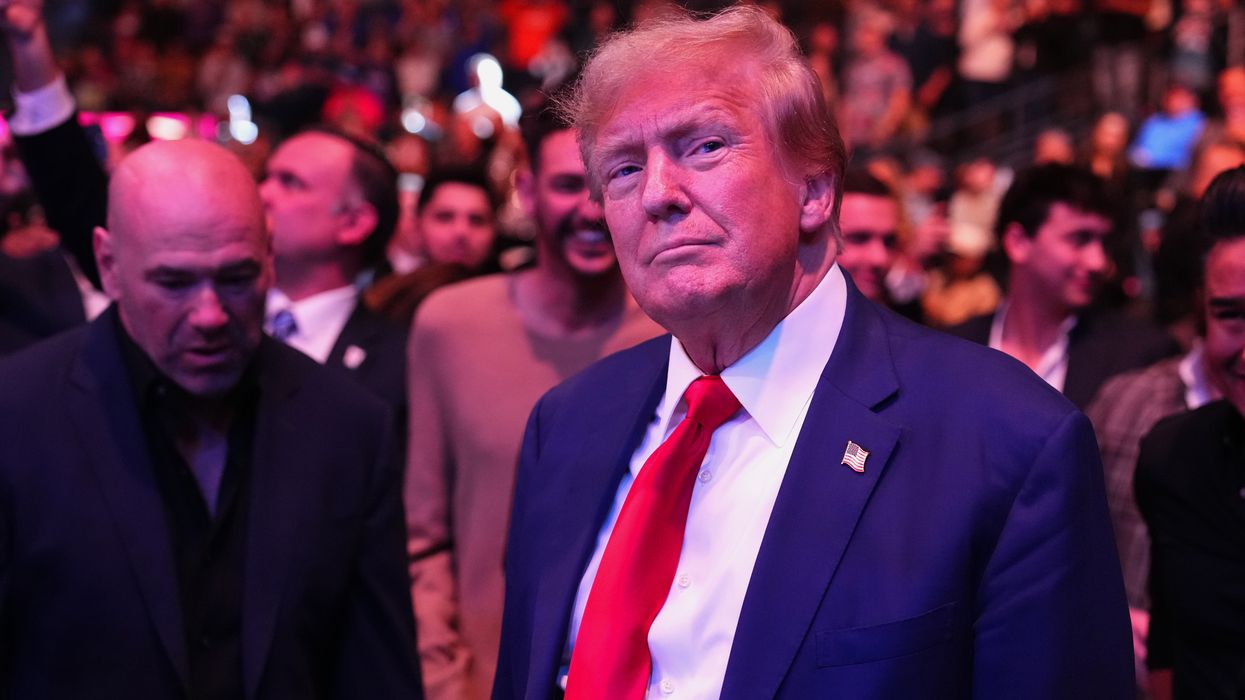Chaleff is a speaker, innovative thinker and the author of “ The Courageous Follower: Standing Up To and For Our Leaders.”
The world is waking up to the long-standing reality that movements create their leaders.
Currently there’s a buzz around Kamala Harris, as there was for Donald Trump in 2016. Neither had been a dynamic political leader, yet large followings seemed to emerge around them at dizzying speed. Did they create these followings or did their followers “create them” to satisfy an unmet need?
Half a century ago, a few leadership scholars had the temerity to call out a cultural bias they named the “romance of leadership.” Our culture places far more credit (or blame) for the consequences of events on the leader than they typically warrant.
In line with this mis-weighted sense of agency is the belief that leaders create their followers. In practice, it is just as true that followers create their leaders. Why doesn’t it seem this way to us?
One reason is the confusion between leading and managing. In the world of large corporations and government agencies, there is a great emphasis on hierarchical relationships. It’s true employees don't choose or create their managers, but managers and leaders are not the same thing.
In organic groups such as political movements, membership organizations, clubs, gangs and even many boards, it is clear that leaders emerge from the group. This is not to devalue leaders and leadership, which are manifestly important. It is to give followers and followership their due as also having agency and power.
In my newest book, “ To Stop a Tyrant: The Power of Political Followers to Make or Brake a Toxic Leader,” I draw on what other scholars refer to as “the leadership system.” Its three elements are: leaders, followers and context. The context often tells us what kind of leader is needed at the moment for followers to identify and support.
Winston Churchill represents a classic case in Western history. He was considered a somewhat cranky hawk and inconvenient backbencher in the British Parliament. He spent a number of years in the “political wilderness.” When the context changed, in the form of Adolf Hitler’s insatiable appetite for his neighbors’ land and resources, Churchill became the leader his followers needed and elevated.
As we look at leadership systems, it is an error to characterize followers as orbiting around the leader. What is true is that both leaders and followers orbit around a common purpose. Because a political purpose needs a leader positioned to implement its party’s agenda, it can seem the leader is at the center of this process. However, It is more fundamentally true that what they stand for — the purpose of their candidacy — is at the center. They and their movement followers energize and serve this purpose.
This healthy system gets distorted when the leader puts themself at the center and confuses, or even eclipses, the purpose. In some sense, it is still the followers creating the leader, but now they are making the error of creating a savior for the mission. At the extreme, they are creating a messiah. This is highly dangerous as a messiah can do no wrong. Anything the messiah thinks, believes, wishes for or does is now considered truth.
God help the country that encourages or accepts this type of leadership.
In a healthy system, character counts, as do values, which are closely linked. The ends do not justify the means. The mission is pursued by the leader and followers within a shared sense of values. In a democratic system this is crucial. Pursuing the mission in a way that undermines the values of the democratic process is destructive.
Initially, before the leader consolidates power and begins mandating their stature, movements play a significant role in selecting, elevating and shaping their leaders. Ideally, the movement lifts up leaders of character, but history proves this too often is not the case. In today’s divisive political climate, it remains to be seen if followers will help shape the development of leaders with values that are consistent with the principles of our democratic republic.
While the culture may still romanticize leaders, the real work of governing is done by skilled and courageous followers. This is the focus of a short series I will write for The Fulcrum on political followership.
Continue reading and you will become a much more effective member of whichever political party you support, helping leaders live up to their sacred governing responsibilities.




















Trump & Hegseth gave Mark Kelly a huge 2028 gift